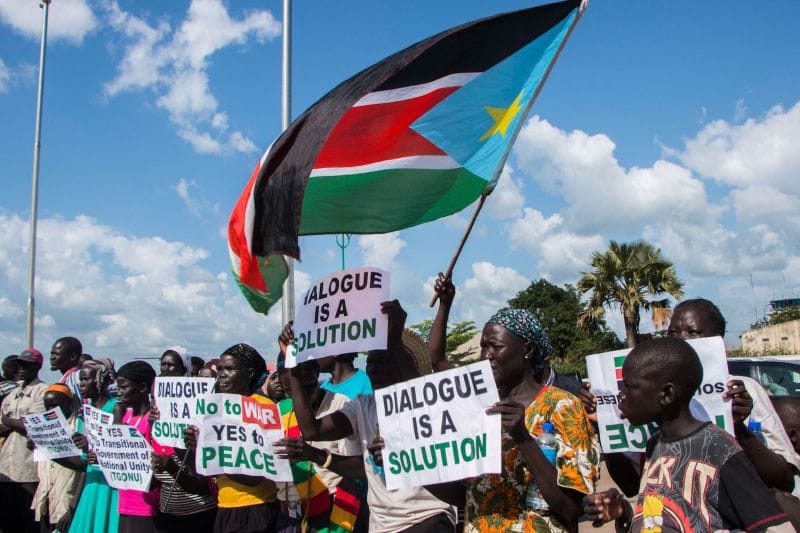As violence resurges in parts of South Sudan, women leaders are raising their voices to demand a greater role in peacebuilding and national decision-making processes. They argue that excluding women from key political discussions continues to fuel a cycle of conflict that leaves women and children to suffer the most.
Speaking at a forum on Thursday, Vicky Nyanut Mawien, a South Sudanese legislator, criticized the lack of female involvement in matters of war and peace. “Time and again, women wake up to find their lives overturned by wars they had no part in planning,” she said. “We are left to rebuild families, bury the dead, and care for the displaced—yet we remain sidelined from the very discussions that lead to these crises.”
The renewed clashes between the South Sudan People’s Defence Forces (SSPDF) and opposition fighters aligned with the SPLA-IO have reignited fears of another widespread humanitarian disaster. Human rights groups say the brunt of the conflict is once again falling on civilians—particularly women and children—many of whom have been forced to flee their homes amid aerial attacks and armed raids.
Medical professionals have also sounded the alarm. Dr. Pal Chol, a physician based in Upper Nile, condemned recent bombings targeting villages where civilians had taken refuge. “These people are not combatants—they’re mothers, children, the elderly,” he said in a widely shared online statement. “Targeting them is both unjust and illegal.”
Women leaders and civil society groups are now urging both national authorities and international partners to ensure women are not only protected during conflict but included in the mechanisms that seek to end it. They emphasize that peace deals, aid delivery, and national reforms must consider the perspectives and needs of women—many of whom have borne the scars of war, both physically and emotionally.
Activists say that increased gender-based violence, limited access to healthcare, and the trauma of displacement are exacerbated by the lack of representation in peace processes. They also warn that without women’s voices, South Sudan risks repeating the same mistakes that plunged the country into conflict in previous years.
“Women are not just victims,” said one activist based in Jonglei State. “We are peacebuilders, caregivers, and leaders. Without us, there can be no lasting peace.”
As tensions escalate, calls for accountability and civilian protection have grown louder, with rights groups demanding an end to indiscriminate attacks and urging stronger international monitoring of potential war crimes.



